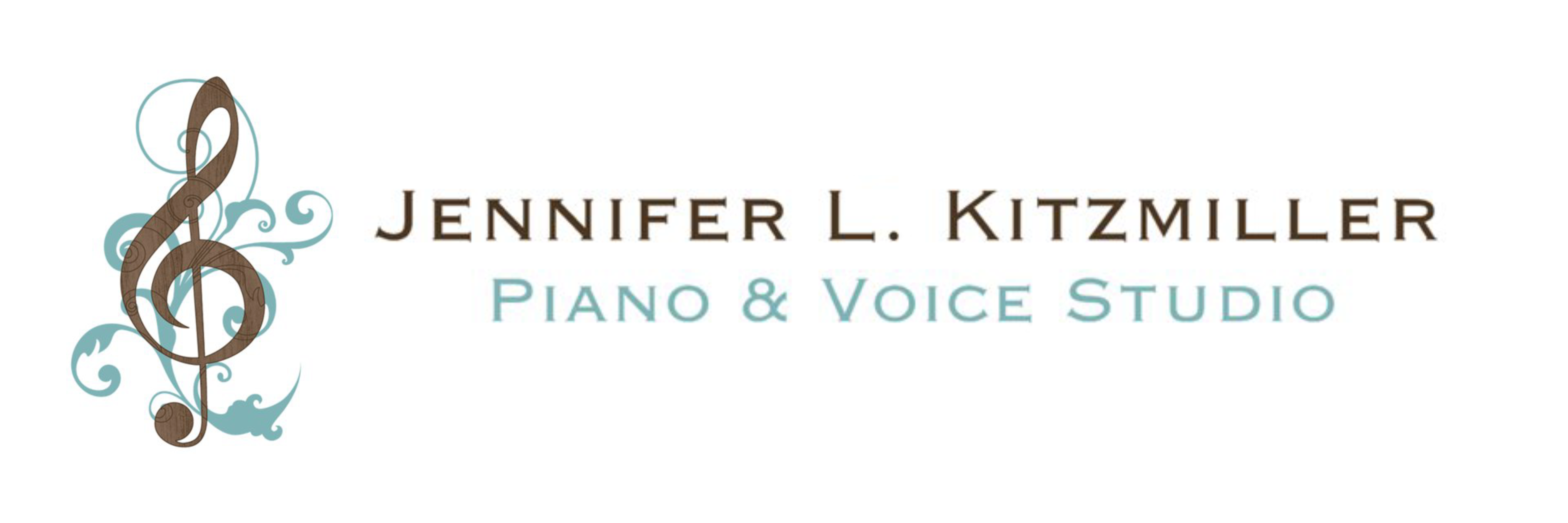Why Music?
Music is Science
Music is exact, specific. Music demands exact acoustics. A conductor’s full score is a chart, a graph which indicates frequencies, intensities, volume changes, melody, and harmony all at once, and with the most exacting control of time.
Music is a Foreign Language
Most of the terms used in music are written in Italian, German, French, or other symbols. Music notation is certainly not English, but a highly developed kind of shorthand that utilizes symbols to represent ideas. The semantics of music is the most complete and universal language in the world.
Music is Mathematical
Music is rhythmically based. It has a basic unit of time which is subdivided into fractions of seconds which must be performed instantaneously – not worked out on paper.
Music is Physical Education
Music requires complex coordination of fingers, hands, arms, lips, cheek & facial muscles. Music requires extraordinary control of diaphragm, back, stomach, and chest muscles, which respond instantly to the sound heard and the interpretation of the notation by the brain. This is not to mention the physical movements required in marching a two or three mile parade, or performing a halftime show….
Music is History
Music usually reflects the environment and times of its creation, often even the country and perhaps ethnic feel of its creator.
Why do we teach music?
So you will recognize beauty.
So you will be sensitive.
So your life will be enhanced.
So you will have something to cling to.
So you will have more love, more compassion, more gentleness, more good…
In short: More life!
Music is all these things, but most of all…
Music Is Art
Science cannot duplicate this.
Call it humanism, feeling, emotion, or another term.
But more importantly:
Not because we expect you to play or sing music all your life.
Not so you can relax.
Not so you can have fun.
